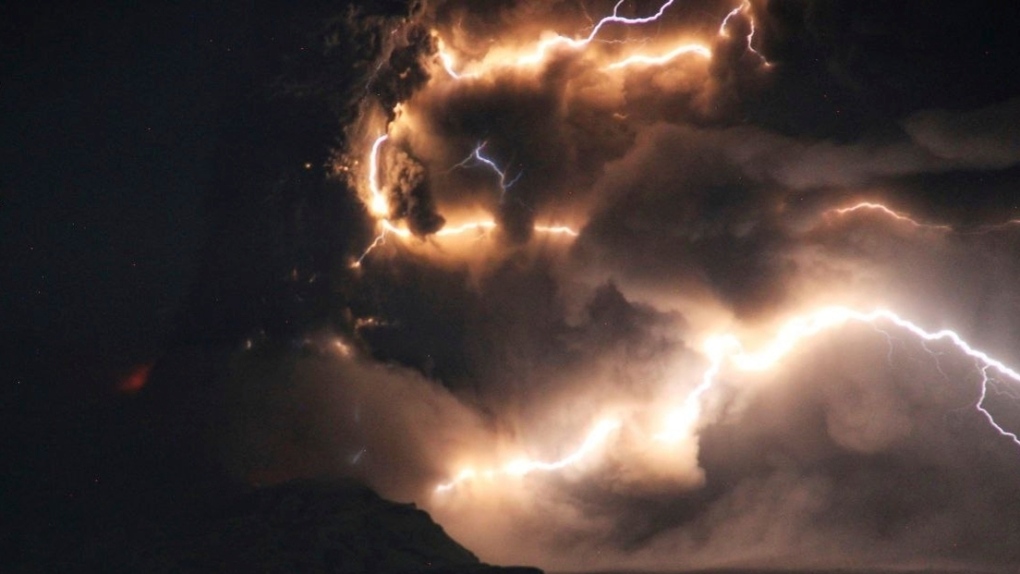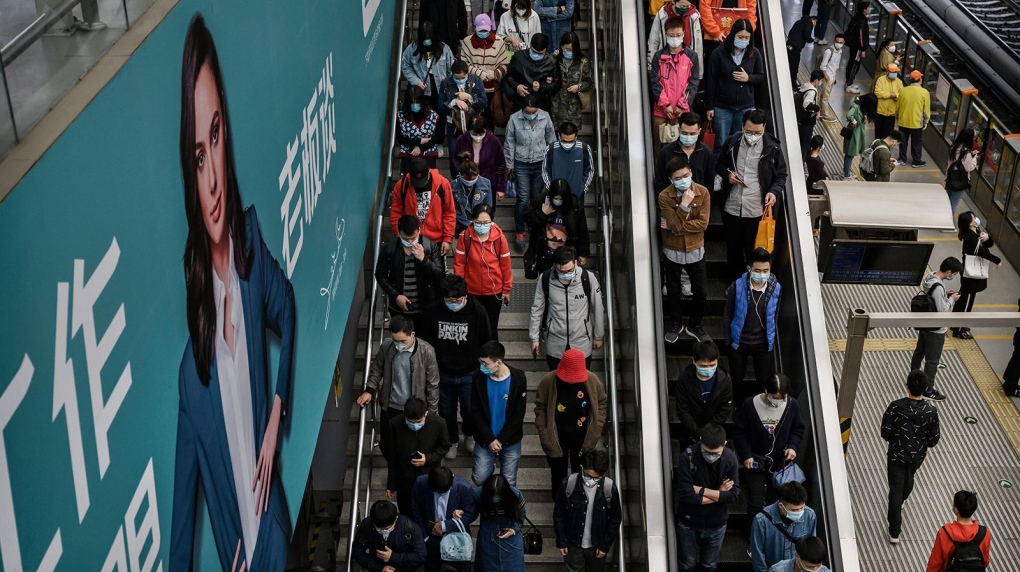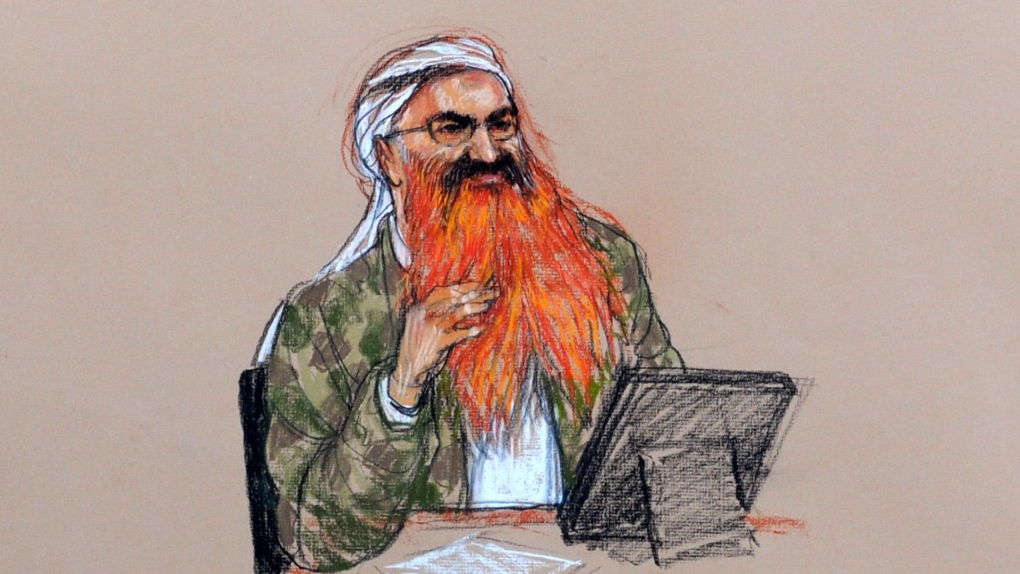WASHINGTON - In a pivotal term that may shape the landscape of free speech in the digital era, the Supreme Court is set to hear a contentious dispute between Republican-led states and the Biden administration regarding the government's authority to regulate controversial social media content on issues such as COVID-19 and election security. The case at hand involves a lawsuit brought forward by Louisiana, Missouri, and other plaintiffs alleging that officials within the Democratic administration exerted pressure on social media platforms to suppress conservative perspectives unconstitutionally. While lower courts have ruled in favor of the states, the Supreme Court intervened by putting a hold on those decisions pending further review.
This term has seen a significant focus on social media-related cases. Just last Friday, the court established guidelines for public officials in terms of blocking followers on social media platforms. Additionally, a month ago, the court heard arguments concerning laws passed by Republican-controlled states like Florida and Texas that prevent major social media companies from removing content based on its viewpoints. These cases, along with the current one being argued before the court, all revolve around the common theme of allegations that social media platforms are censoring conservative voices. The states argue that officials such as White House communications staff, the surgeon general, the FBI, and the U.S. cybersecurity agency pressured platforms like Facebook and Twitter to alter online content. Louisiana Attorney General Liz Murrill expressed concerns about the government's use of power to restrict freedom of speech, stating in a video posted online by her office, "It's a very, very threatening thing when the federal government uses the power and authority of the government to block people from exercising their freedom of speech." In response, the administration contends that the states have not provided evidence of coercive actions by government officials. Solicitor General Elizabeth Prelogar, representing the administration before the Supreme Court, stated that the states failed to demonstrate any instances where the government threatened adverse actions to influence editorial decisions on platforms. She emphasized that the government's interactions with platforms did not result in sanctions when the platforms chose not to moderate flagged content. It is important to note that the social media companies themselves are not directly involved in this legal battle. Advocates for free speech argue that the Supreme Court should use this case to establish a clear boundary between the government's legitimate engagement in public discourse and coercive tactics that infringe on free speech rights. Alex Abdo, litigation director of the Knight First Amendment Institute at Columbia University, emphasized the need for the government to participate in public discourse while respecting free speech protections. He stated, "The government has no authority to threaten platforms into censoring protected speech, but it must have the ability to participate in public discourse so that it can effectively govern and inform the public of its views. " A three-judge panel on the 5th U.S. Circuit Court of Appeals in New Orleans previously ruled that the Biden administration had likely exerted unconstitutional pressure on social media platforms. The appellate panel determined that officials cannot coerce or significantly encourage changes in online content. The panel had revised a broader order from a federal judge who sought to include more government officials and restrict even the mere encouragement of content changes. In October, a divided Supreme Court issued a stay on the 5th Circuit ruling, signaling their intention to review the case. Justices Samuel Alito, Neil Gorsuch, and Clarence Thomas dissented from the decision to put the ruling on hold, with Alito expressing concerns about the potential implications of the government using heavy-handed tactics to manipulate the dissemination of news. A ruling in the case of Murthy v. Missouri is anticipated by early summer, with the outcome carrying significant implications for free speech rights and government regulation of social media content.U.S. Supreme Court Examines Limits of Federal Officials' Response to Controversial Online Posts on Current Issues
 6 months ago
2243
6 months ago
2243
- Homepage
- World News
- U.S. Supreme Court Examines Limits of Federal Officials' Response to Controversial Online Posts on Current Issues
Related
Russia experiences volcanic eruption following 7.0 magnitude...
1 month ago
2057
China Metro Stations Buzz with Personalized Ads as Operators...
1 month ago
2014
Accused Mastermind of 9/11 Attacks, Khalid Sheikh Mohammed, ...
1 month ago
2301
Trending in United States of America
Popular
Nokia Reaches 5G Patent Agreement with Vivo After Lengthy Le...
7 months ago
26048
Apple's Upcoming Tablet Lineup: iPad Air to Introduce Two Si...
9 months ago
25976
Xiaomi's First Electric Car, the SU7 Sedan, Enters the EV Ma...
8 months ago
25364
The European Parliament's Bold Move to Combat Smartphone Add...
9 months ago
25312
Unveiling ChatGPT's New 'Memory' Feature Revolutionizing Use...
7 months ago
25212
© OriginSources 2024. All rights are reserved








 English (US)
English (US)